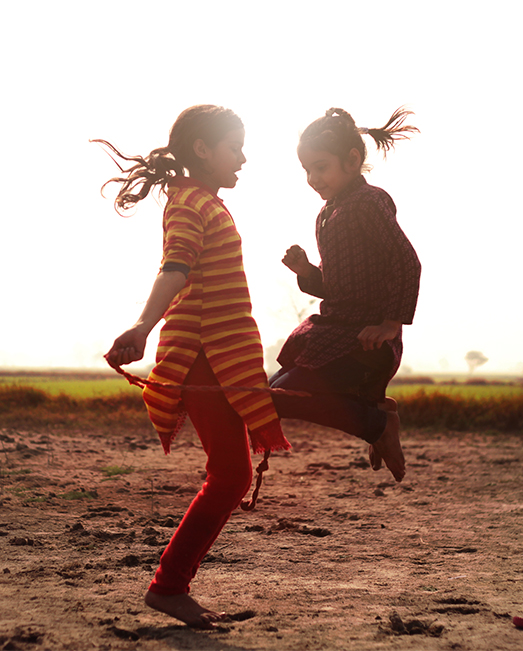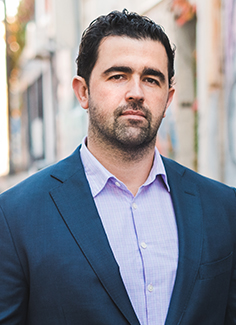Global
Copyright@ Australian Catholic University 1998-2026 | ABN 15 050 192 660 CRICOS registered provider: 00004G | PRV12008
Copyright@ Australian Catholic University 1998-2026 | ABN 15 050 192 660 CRICOS registered provider: 00004G | PRV12008

A report ranking India as the most dangerous country in the world for women has reignited the country's ongoing debate over women’s safety.
The rape and murder of eight-year old Asifa Bano in the Kashmir town of Kathua in January, 2018 horrified the international community.
But it was not an isolated incident: there have been several cases of gang rape of girls in India in recent years and many more across Asia. Nor is it a new phenomenon: during the separation of India and Pakistan, 100,000 women were kidnapped and raped.
Preventing these crimes requires understanding that they are not only the actions of individual men but also examples of political violence.
The Director of the Institute of Religion, Politics and Society at ACU Dr Joshua Roose sits on the Federal Attorney-General’s National Panel of Experts for Countering Violent Extremism and is a member of the Victorian Government’s Institute for Social Cohesion.
He explained that girls in the developing world were often victims of economically and socially marginalised men who were drawn to religious and political extremism.
Men may be deeply resentful of the gender imbalance in many developing countries – ironically a result of a culture that values boys while discounting – and often killing – baby girls.
“This is known as the bare branches phenomenon. Men, particularly those at the economic margins, have very little chance of finding a wife. That’s exacerbated by the Indian caste system, which view men as superior to women and significant issues around infanticide, with the country’s Minister for Women and Child Development stating a couple of years ago that 2,000 girls are killed every day either just before or after birth.”
Girls are also the victims of a wider agenda when rape is used to attack ethnic or religious communities. Eight-year- old Asifa was a member of the nomadic community of Bakherwal Muslims and the Hindu men charged with the crime were violently opposed to her community settling in the Kashmir town.
“This is a wider issue - not just between Hindus and Muslims. You see the same issues occurring in Myanmar, the same issues occurring in Pakistan. It’s a broader regional issue around the use of sexual violence to intimidate and coerce minority communities,” said Dr Roose.
“We are seeing quite unprecedented emergence of violence towards religious minorities in the Middle East and Asia: the Yazidi women in Iraq, for example, the Copts in Egypt, through to attacks on Muslims in Sri Lanka and India, attacks on Christians in Pakistan, Muslims in Myanmar – the list goes on. This is a broader issue of developing countries with strong religious traditions not coming to terms with religious minorities making claims.”
In India, neither the political nor the judicial system is preventing such attacks. IMF Chair Christine Lagarde recently criticised Indian Prime Minister Narendra Modi for not doing enough to protect them girls.
Dr Roose said the international community had been unwilling to place more pressure India because it sees India as a counterweight to the rise of China and was valued the economic opportunity of a Modhi’s reforms. In addition, the colonial past made it very difficult for the West to lecture India on human rights.
But he said since the rise of Modhi, who was Chief Minister of Gujarat from 2001 to 2014 and has been Prime Minister since 2014, a hyper-masculine culture that emboldened religious extremists had been gaining ground.
The Indian justice system is also failing to respond to crimes against women. Only one in four rape cases leads to a conviction. The cultural of shaming women who have been raped and casting aspersions on their “purity” also prevents many women pressing charges
“What’s needed are political measures that reduce the root causes rather than judicial crackdowns – although that is certainly needed.”
Dr Joshua Roose is the Director of ACU’s Institute for Religion, Politics and Society.

Copyright@ Australian Catholic University 1998-2026 | ABN 15 050 192 660 CRICOS registered provider: 00004G | PRV12008